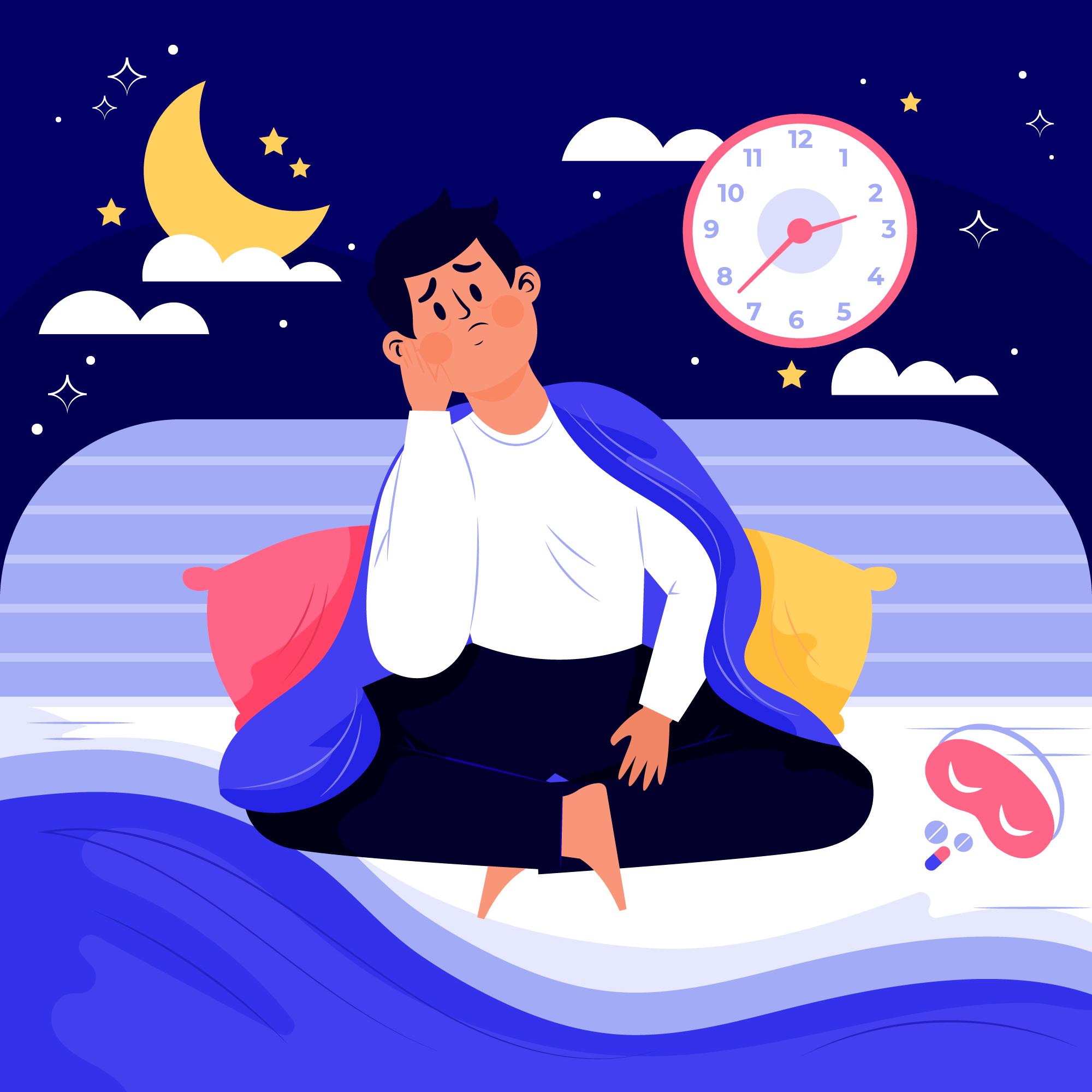Introduction
- Hook: Highlight the prevalence of sleep disorders and their impact on daily life.
- Emphasize the growing market of products and services designed to help.
- Purpose: Offer an unbiased comparison to guide readers in finding the right solution.
Section 1: Understanding Sleep Disorders
- Brief overview of common sleep disorders (e.g., insomnia, sleep apnea, restless legs syndrome).
- Explain how different products and services address these disorders.
Section 2: Categories of Solutions
2.1. Medical Devices
- CPAP Machines: Designed for sleep apnea; improve breathing during sleep.
- Pros: Clinically effective, widely recommended by doctors.
- Cons: Expensive, may require a prescription, comfort issues for some users.
- Sleep Trackers: Smart devices that monitor sleep patterns.
- Pros: Convenient, data-driven insights.
- Cons: Accuracy concerns, limited intervention capabilities.
2.2. Over-the-Counter Products
- Melatonin Supplements: Popular for insomnia and circadian rhythm issues.
- Pros: Natural, widely available, affordable.
- Cons: Not suitable for long-term use, variable effectiveness.
- Herbal Remedies (e.g., valerian root, chamomile): Marketed as calming aids.
- Pros: Natural and non-addictive.
- Cons: Limited scientific support, potential side effects.
2.3. Therapy and Professional Services
- Cognitive Behavioral Therapy for Insomnia (CBT-I): Gold standard for insomnia treatment.
- Pros: Evidence-based, long-term benefits.
- Cons: Time-intensive, may require a professional.
- Sleep Studies: Diagnostic tool for various sleep disorders.
- Pros: Accurate diagnosis, tailored treatment plans.
- Cons: Expensive, requires clinical settings.
2.4. Lifestyle Products
- Weighted Blankets: Promote relaxation and better sleep quality.
- Pros: Non-invasive, multi-purpose.
- Cons: Not suitable for everyone, may be costly.
- Blue Light Blocking Glasses: Reduce screen-related sleep disruptions.
- Pros: Affordable, effective for tech users.
- Cons: Limited use cases.
Section 3: Factors to Consider When Choosing a Solution
- Severity of Sleep Disorder: When to seek professional help versus using OTC products.
- Budget Constraints: High-tech devices versus affordable alternatives.
- Lifestyle Compatibility: Portable, low-maintenance options for busy individuals.
- Personal Preferences: Comfort, natural remedies, or clinical treatments.
Section 4: Comparison Table
| Category | Example Products/Services | Best For | Pros | Cons |
|---|---|---|---|---|
| Medical Devices | CPAP machines, sleep trackers | Sleep apnea, data insights | Clinically effective, insightful | Expensive, comfort issues |
| OTC Products | Melatonin, valerian root | Mild insomnia | Affordable, easy to access | Limited long-term efficacy |
| Therapy & Services | CBT-I, sleep studies | Chronic issues | Evidence-based, diagnostic | Time-intensive, costly |
| Lifestyle Products | Weighted blankets, blue light glasses | General sleep improvement | Non-invasive, versatile | Suitability varies |
Section 5: Tips for Making the Right Choice
- Consult a healthcare professional for persistent issues.
- Start with non-invasive or OTC options if symptoms are mild.
- Leverage free trials and warranties where applicable.
- Read reviews and success stories to gauge effectiveness.
Conclusion
- Recap the importance of tailored solutions for sleep disorders.
- Encourage readers to assess their needs and take proactive steps.
- Provide a CTA: “If you’re ready to improve your sleep, explore .”
-
ActoPlus Met 500mg
$180.00 – $720.00 -
Adderall 30mg
$720.00 – $2,700.00 -
Ambien
$450.00 – $1,980.00
